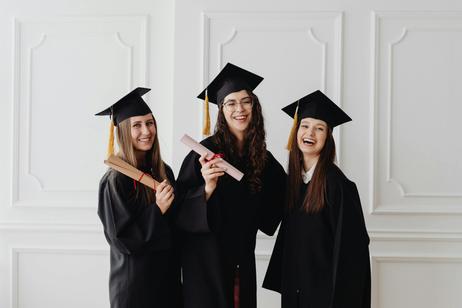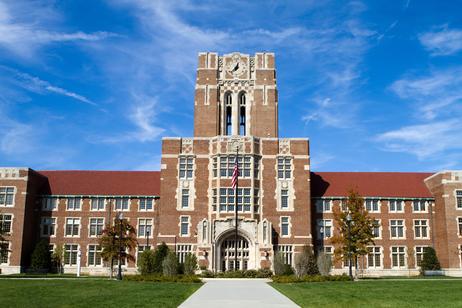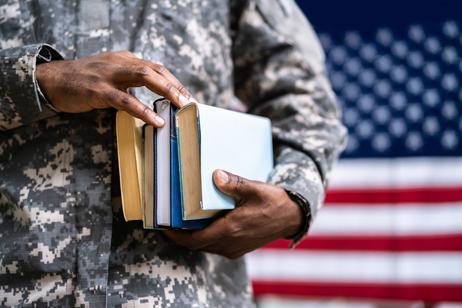Rolling Admissions
When applying to private schools, you will encounter two kinds of admissions: regular admissions or admissions with a fixed deadline and rolling admissions.
- Regular admissions or admissions with fixed deadlines are self-explanatory.
- The school will publish a specific date by which applications must be submitted.
- Rolling admissions are a little different and more flexible.

What is rolling admissions?
Rolling admissions refers to a school's practice of accepting applications until all their available seats are filled. The school will send an answer to your application within a couple of weeks, as opposed to waiting until a fixed deadline.
How does rolling admissions work?
Let's assume that the school begins accepting applications for the following school year on September 1.
- You could submit your completed application on September 2 and expect to have a decision back from the school within a time frame from two weeks to a month.
- At a school with a fixed deadline for admissions, you could submit your application on September 2 but not hear whether your child had been accepted until sometime in March, assuming the fairly common January 31 deadline.
- Many schools with rolling admissions have a priority deadline.
- You should submit your application before that deadline.
- Once all the places are filled, applications from candidates who would otherwise have been accepted will go on a waitlist.
Professor Allen Grove explains the various kinds of admissions in great detail. This is a





























